Composite materials and adhesives
Composite materials could present a cheaper, more lightweight alternative to steel for shipping – but caution must be taken to ensure they can meet the same safety standards.
At Bureau Veritas, our Research & Development (R&D) team is active in the investigation of new materials and assemblies for the maritime industry. Employing our technical expertise, we are helping to discover new, more efficient ways of building and repairing – while never compromising on structural integrity.
Composite materials and adhesives are relatively unchartered waters in the maritime industry. Currently limited by SOLAS restrictions on ships larger than 500 GTs, composite materials are nonetheless being investigated for ship parts including propellers and rudders. Increasingly, they are being considered for more efficient repairs in the offshore industry – though care must be taken to ensure it shares the same structural properties as the original asset.
Our Projects
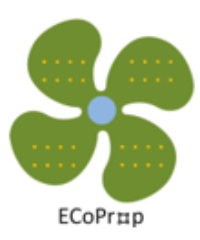 | ECOPROP#OtherCollaborativeProjects #Marine |
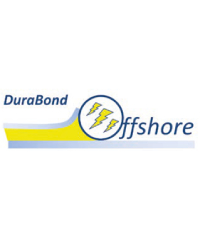 | DURABOND#JIP #Offshore |
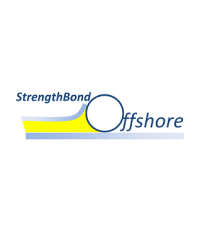 | STRENGTHBOND#JIP #Offshore |
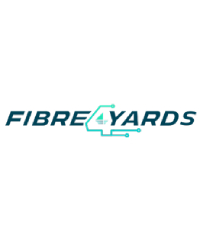 | FIBRE4YARDS#EUProject #Marine |
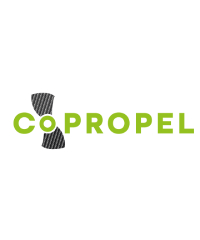 | COPROPEL#EUproject #Marine |
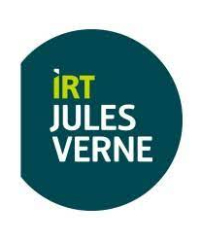 | MONOCLE#IRT #Marine |
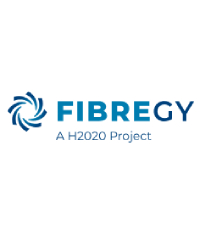 | FIBREGY#EU project #MRE |
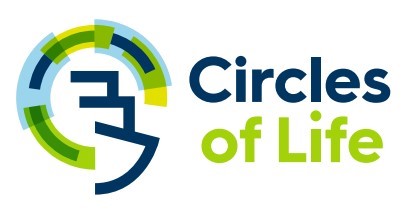 | CIRCLES OF LIFE#CompositeMaterials |
Sheathflex#Offshore #JIP #CompositeMaterials |











